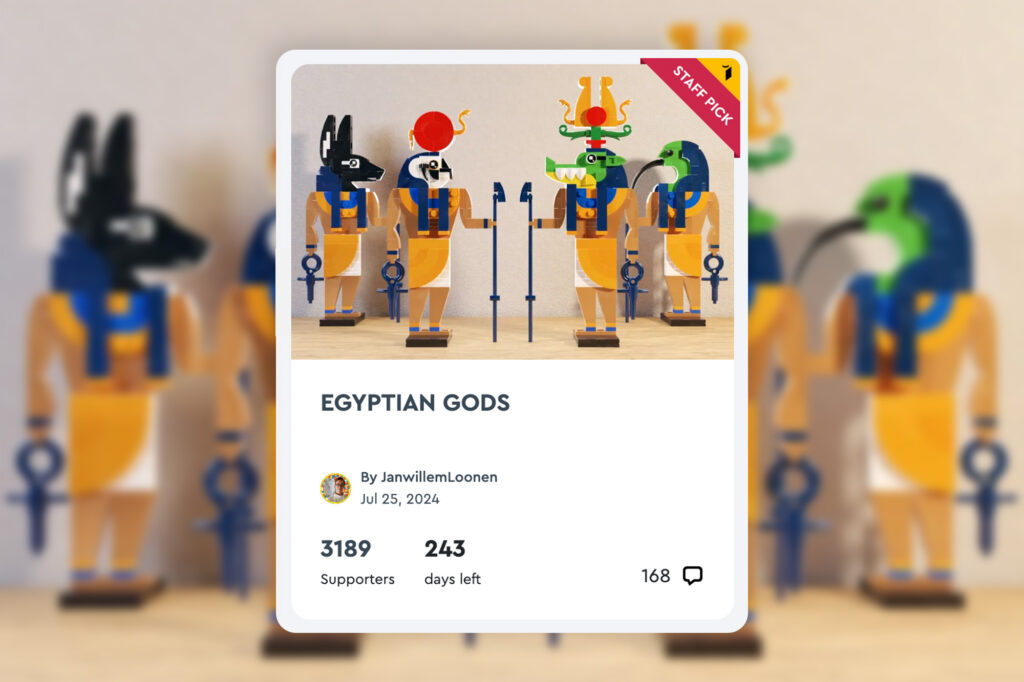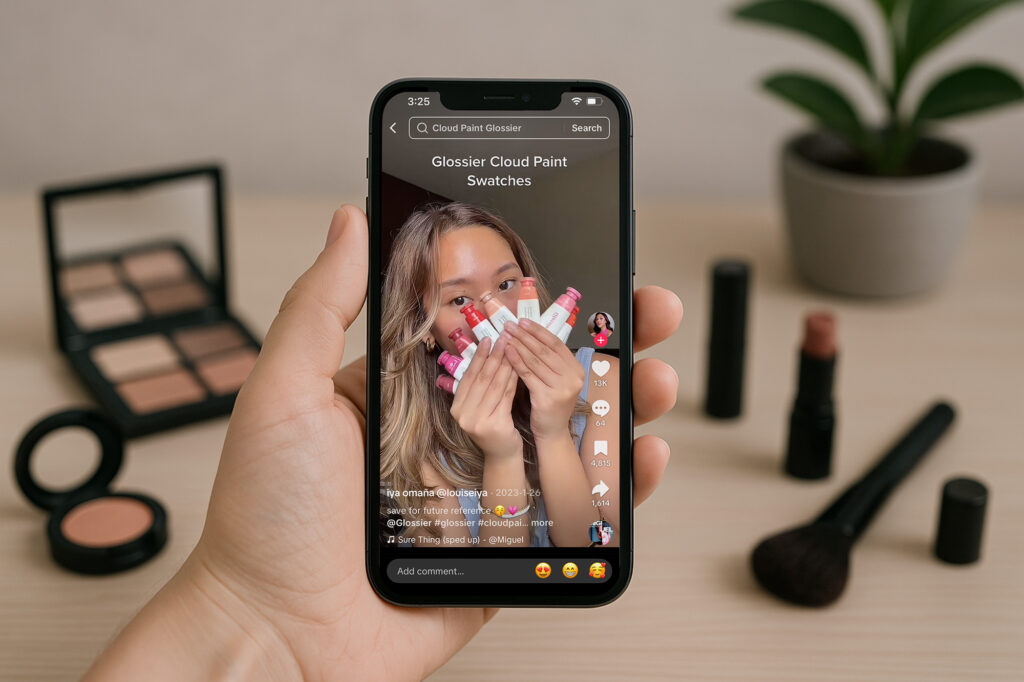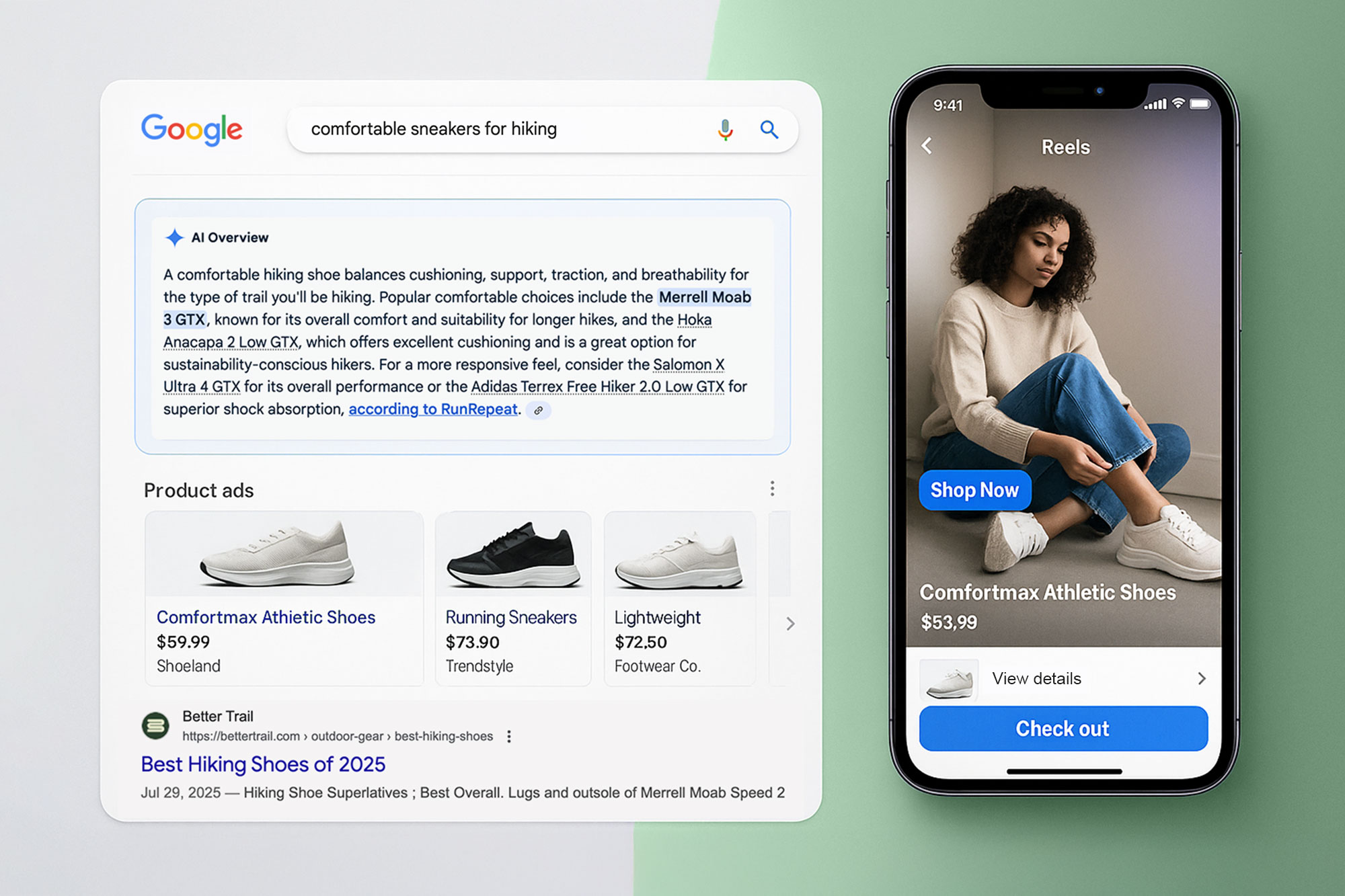What Are Micro-Communities?
Micro-communities are small, interest-driven online groups — usually hosted on platforms like:
- Reddit threads
- Discord servers
- Private Facebook groups
- Telegram channels
These aren’t about passive followers. They’re about active members with shared goals, passions, or values. These members often have high engagement in the community and would actively react to one another as it offers a sense of camaraderie among the members. (Community-Led Alliance, 2023)
Why Micro-Communities Are Winning in 2025
🔐 1. Higher Trust, Higher Engagement
People in micro-communities rely on peer recommendations and real conversations. It’s not about being sold to — it’s about being heard. With more consumers valuing trust over other factors (Qualtrics, 2024), micro-communities build trust among users by creating authentic engagement, where users share their real-life experience and exchange feedback.
👂 2. Two-Way Relationships
In traditional social media, brand messages are broadcasted and delivered in one direction only. With the implementation of micro-communities, dialogues can be formed between a brand and its users, thus creating a two-way relationship. A recent study shows that 60% of consumers considered having access to a community would increase their loyalty towards a brand. (Social.Plus, 2025) Therefore, forming such relationships could result in higher brand loyalty, which also translates into higher earnings.
🔍 3. Targeted Personalization
Micro-communities give brands context. You can tailor messages and offers based on common interests, behaviors, or problems. With the trend of more and more consumers looking for personalized services or products (Qualtrics, 2024), micro-communities fulfill such demand while remaining noncontradictory to privacy concerns.
📉 4. The Decline of Organic Reach
As algorithms throttle organic reach on major platforms like Facebook, Instagram and X(formerly Twitter), organic reach has dropped to single digit. (AddictiveDigital, 2025) Under this circumstance, communities offer a way to maintain direct access to your most loyal fans and prolong impressions on users’ feed.
Examples of Community-Driven Brand Success

- Notion: Build a passionate community of creators via ambassador programs and user-generated tutorials.
- LEGO Ideas: LEGO encourages fans to submit original set designs, vote on favorites, and collaborate creatively — fostering a thriving global community of brand advocates.
- Glossier: Relies on its community of superfans to shape products, content, and launch campaigns.
How Brands Can Tap Into Micro-Communities
- Listen First – Lurk and learn. Use social listening tools (e.g. Hootsuite, Sprout Social, Brandwatch, etc.) to find existing conversations in your niche.
- Embed, Don’t Interrupt – Don’t sell immediately. Offer value. Be human.
- Empower Community Leaders – Identify key voices and turn them into ambassadors.
- Create Exclusive Value – Share behind-the-scenes content, early access, or unique tips just for the community. This builds trust and sense of belonging among loyal users.
- Start Your Own – Launch a community on Discord, Facebook Groups, or a private platform — but commit to nurturing it consistently. Closely monitoring comments and conversations among users, then react accordingly and form a two-way relationship with them.
Metrics That Matter in 2025

Stop tracking vanity metrics like followers or impressions. Focus on:
- Active participation rate
- UGC creation volume
- Referral traffic from community links
- Sentiment analysis in conversations
- Lifetime value of community-engaged users
Conclusion: The Future Is Smaller
In a noisy digital world, intimacy scales better than virality. Building and serving micro-communities is no longer a niche strategy — it’s the blueprint for sustainable digital marketing in 2025 and beyond.
If you want to learn more about the strategies you need to grow your business, leave us a message and we will bring you onto this journey.








